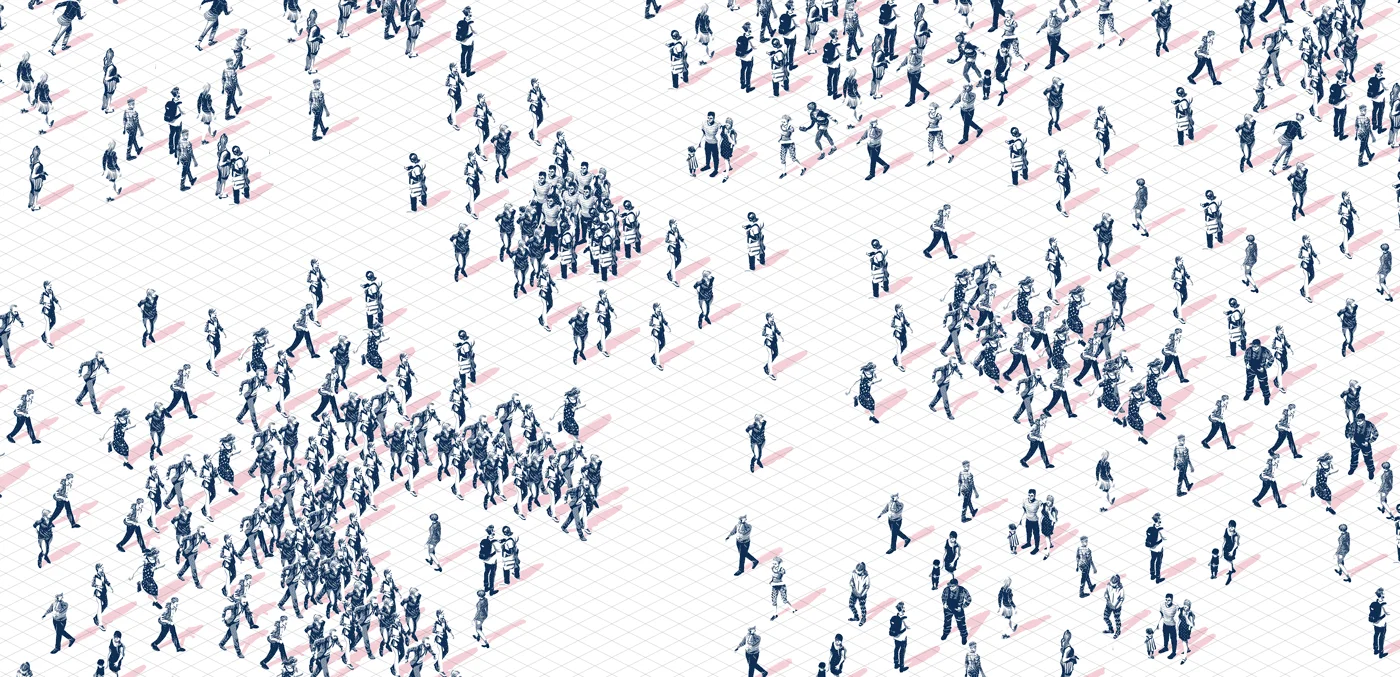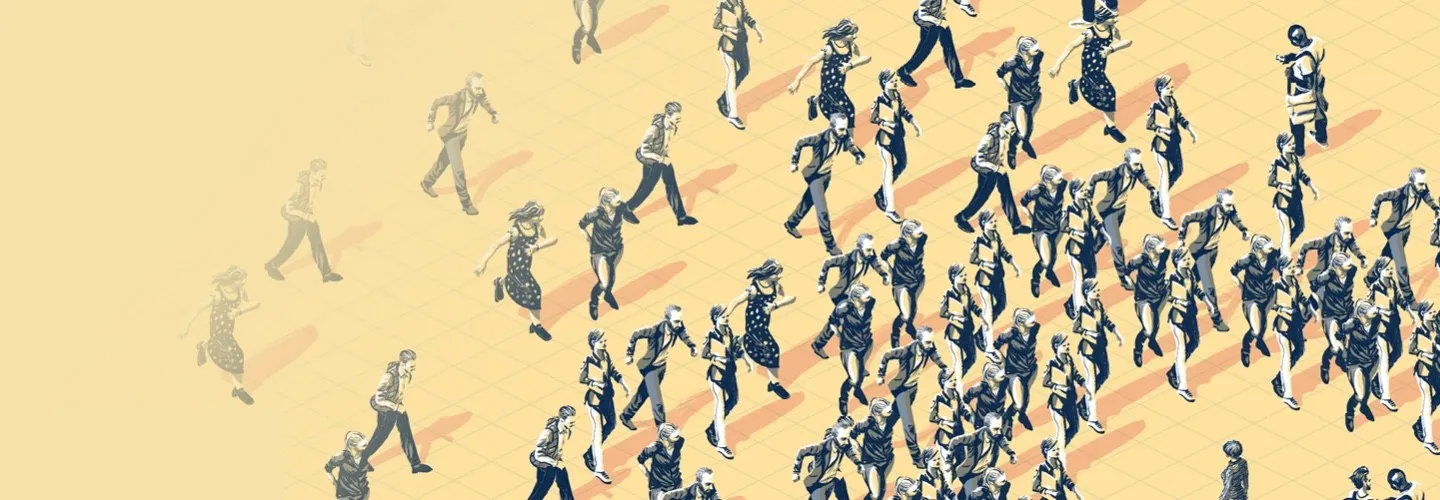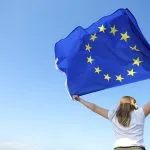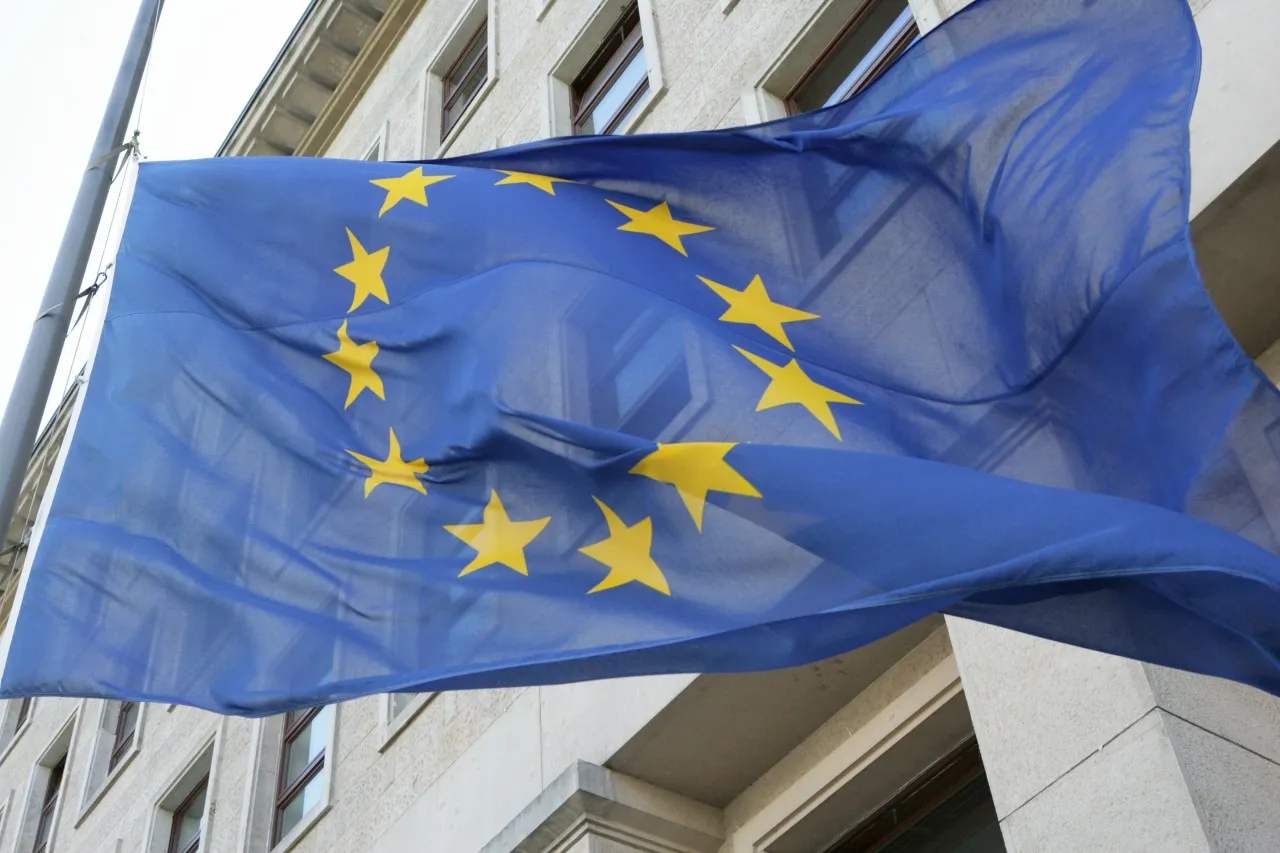As the cold of winter settles across Europe, analysts and policymakers alike have sought signs of waning public support for Ukraine. Yet the latest eupinions slides, entitled “Anxious we stand?” indicate that a year into the war, Europeans still remain broadly supportive of the Ukrainian cause.
The survey, taken in December 2022, indicates that a majority of EU citizens believe that Ukraine will prevail over Russia – and that Russia’s war of aggression is ultimately an attack on the whole of Europe. However, many have doubts about the efficacy of sanctions as a means of checking Russia’s actions, and overall anxiety levels are high.
Nonetheless, the data indicates that Europeans remain steadfast in their support of Ukraine – perhaps more so than had generally been assumed. This gives European governments considerable leeway to continue providing support to Ukraine as long as they remain transparent and consistent in communicating their goals and intentions.
Assessing resolve, plumbing anxieties
The survey, with a sample size of 13,300 individuals, is representative of the EU as a whole, as well as of the seven member states of Belgium, France, Germany, Italy, the Netherlands, Poland and Spain.
First, we examined a series of claims and values often evoked in discussions about the war while also examining ideas about responsibility for the conflict. Specifically, we asked respondents to agree or disagree with the following claims:
- Ukraine will win this war.
- Russia’s attack on Ukraine is an attack on all of Europe.
- Ukrainians also defend our freedom and prosperity, not just their own.
- Ukrainians have been attacked and need to defend themselves. Thus, only Ukrainians can decide when to fight and when to negotiate.
These were followed by a pair of related questions:
- Economic and financial sanctions on Russia are supposed to support Ukraine in its war effort. Do you think these sanctions are: Effective? Ineffective? I don’t know.
- Who bears primary responsibility for the war in Ukraine? Russia? NATO? USA? I don’t know.
Finally, we measured anxiety and nostalgia about the state of the world. We asked respondents to agree or disagree with the following statements:
- The world used to be a much better place.
- The world is a dangerous place.
Those who agreed with both statements were deemed to be “highly anxious.” The subsequent analysis examined how feelings about the war differed, if at all, between the highly anxious population and the population at large.
Strong majorities support Ukraine across the EU
A year into the war, European support for Ukraine remains resilient across a number of measures. Specifically:
- Across the EU, 61% of respondents said they believed Ukraine would ultimately prevail in the conflict. Italians (51%) and Germans (55%) were less optimistic in this regard, while Poles (81%) showed the most confidence.
- Similarly, 68% of Europeans said they saw the attack on Ukraine as an attack on all of Europe. Poland (79%) and Spain (78%) showed the highest level of agreement here, with Belgium (64%) displaying the lowest level.
- A total of 62% of respondents agreed that Ukrainians were also defending “our” freedom and prosperity, not just their own. Once again, Poland (72%) and Spain (71%) showed the most agreement here, with Germany (59%) and Italy (59%) revealing the lowest levels.
- Fully 75% of the sample group agreed that only Ukrainians could decide when to fight and when to negotiate. Poles (87%) showed considerably higher levels of agreement here than their counterparts in other countries, with Italy (65%) and Germany (73%) showing the lowest (but still high) levels.
Europeans show considerably less unanimity when it comes to the specific measures that the EU and other Western countries are using to check Russia's actions. For example:
- Just 40% of Europeans said they thought the sanctions against Russia were effective, with an equivalent share of 40% saying they were ineffective. Poles (59%) showed the highest level of confidence in the instrument, with Italy (32%) and France (35%) indicating the lowest levels of faith.
- Fully 66% of Europeans said they believed Russia bore primary responsibility for the war. However, 11% overall attributed responsibility to the United States, with 5% leaning toward NATO and another 5% toward Ukraine itself. Poles (88%) were most adamant in pointing the finger at Russia, while Italians (15%) were most likely to blame the United States.
High levels of anxiety, nostalgia for better times
The questions about anxiety and nostalgia showed that recent events have left a deep mark on Europeans’ sense of security – but not to the point of undermining support for Ukraine. Specifically:
- A majority of Europeans (66%) now fall into the highly anxious category. This share is highest in Spain (75%) and lowest in Italy (60%) and Belgium (61%).
- Among highly anxious respondents, 61% still believed that Ukraine would win the war – the same percentage as among the sample as a whole. The share of the sample holding this opinion ranged from 48% in Italy to 83% in Poland.
- Similarly, high correlations between the highly anxious and the population as a whole, typically with just a single percentage point of difference, were seen for questions two through four.
- The highly anxious were a bit more skeptical than the general population about the efficacy of sanctions, with just 37% of this group seeing them as effective. Again, Poles were most confident, even among the highly anxious (59%). Italians (28%) were the least sure of the sanctions’ effectiveness.
- Finally, the share of the highly anxious attributing responsibility for the war to Russia (66%) was the same as for the general population.
EU policymakers can continue support for Ukraine - if they communicate well
Given the gravity of the situation and the escalating costs both to states and to individual households, this continued level of support is remarkable. It is perhaps even more noteworthy that this support remains equally strong among those very anxious about the consequences. At this point, there appears to be little evidence that even additional time, cost and adversity will significantly undermine European support for Ukraine, as some – perhaps Russian President Vladimir Putin above all – had hoped. Yet citizens’ clear skepticism toward policies such as sanctions indicates that Western politicians must redouble efforts to cultivate public trust with sound, fact-based messaging strategies.
Readers interested in a more detailed discussion of the results and methodology can read Anxious we stand? or download eupinions slides: Anxious we stand? the full publication.
For results from previous surveys addressing public sentiments on the Ukraine war, see:
Under pressure: The war in Ukraine and European public opinion
Public Support for Ukraine – End of Summer, End of Solidarity?
About the author
Isabell Hoffmann is Senior Expert at the Bertelsmann Stiftung and head of „eupinions“. eupinions is an independent platform for European public opinion. As an expert researcher on democracy and legitimacy in the European Union, she has managed research projects on the role of national parliaments in the EU as well as the origins and impact of populism, nationalism and authoritarianism in Europe.








